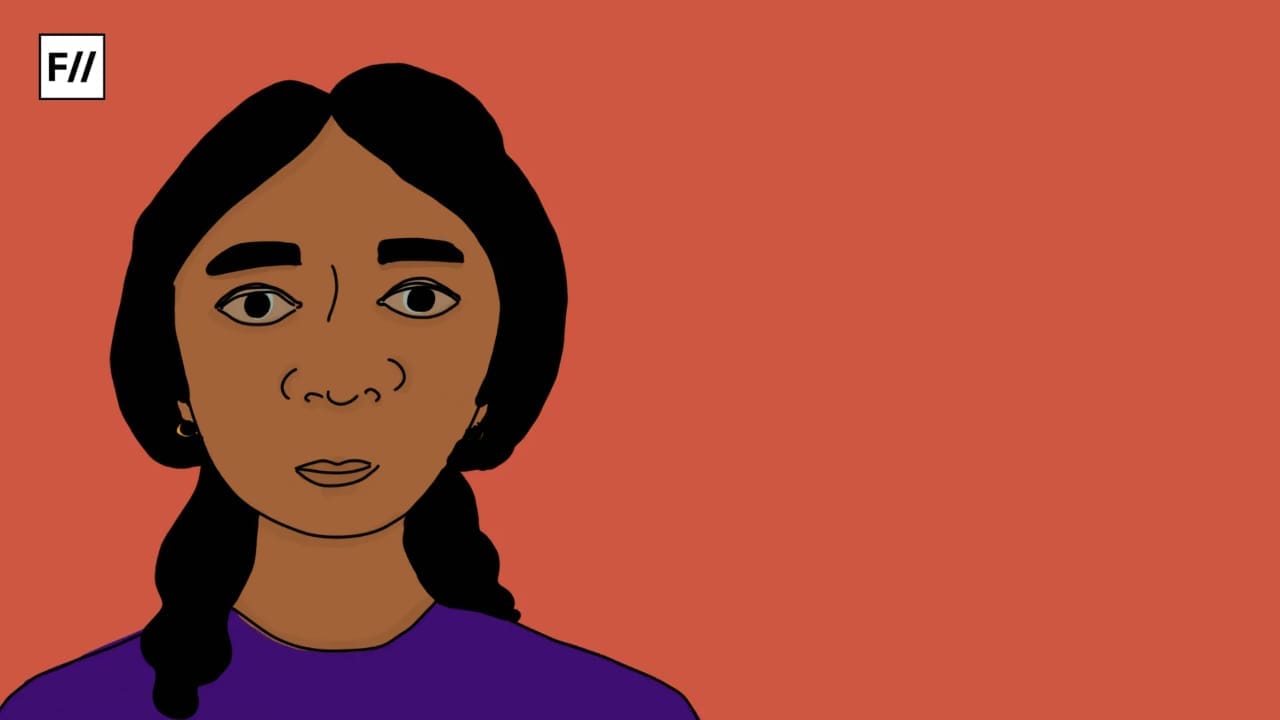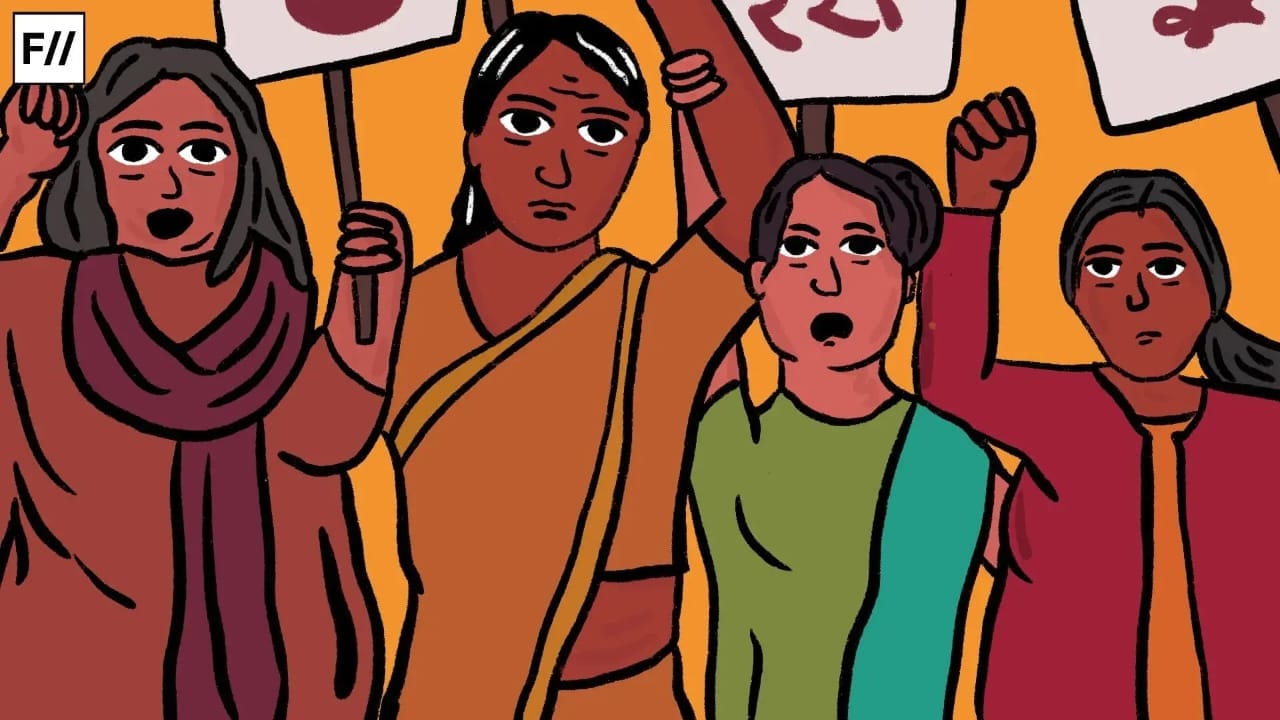Posted by Jasrah Javed
Men form one-third of a typical medical school’s population. Rest of the seats are all occupied by women. Women are in the majority, in every healthcare profession including but not limited to physicians, dentists, physiotherapists, occupational therapists, psychologists, and nurses. But how often do you see a female surgeon? Or a female medical superintendent?
As per the existing population in medical colleges, a team of doctors must include 7 women doctors out of 10 members. But this isn’t what happens. More women are graduating every year from a medical school but how many of them are employed by the health care systems? Except for the nursing profession which has a majority of female employees in India, other branches of medicine lack female workers, especially in head roles. According to a study by WHO, 70% of the women make up the health workforce but only 25% are on senior positions globally.
the pay gap in healthcare sector is 25% higher than any other sector.
This reminds me of an incident which made me change my decision.
Being a physiotherapist, I was offered a job in a hospital based on my skills which were as good as any male competitor. But I wasn’t offered the position that I deserved and instead a male physiotherapist was. The reasons were the following.
- I am not as ‘strong and as resilient’ as the male physiotherapist
- I am vulnerable to take more day offs
- I may get ill more frequently
- I might not be flexible for night shifts,
And the list goes on…
In reality, I and all other female physiotherapists worked in the same hospital as interns without a single day’s leave, and with utmost resilience towards patients – lifting and guiding patients double our body weights, performing duties on night shifts.
I was offered another position in the same team though. But I didn’t think to compromise because I knew I had everything it took to be considered for the position for which I had applied.
The issue of the pay gap exists in every profession, not just the healthcare sector. But according to the WHO report, the pay gap in the healthcare sector is 25% higher than any other sector. Most women agree to work at low wages because of the financial crises they face but this often misleadingly adds to the belief that they are inferior to men at work.
Also read: The Gender Biased Medical Sector Needs More Unbiased Physicians!
Gender discrimination, stereotypes, and biases have not only affected the lives of women in India but all over the world. It has been affecting our careers and our vision. Many a time, women are also subjected to molestation and other kinds of sexual harassment in the workplace. This adds to lowering the morale of a woman health worker and shattering her in every possible way.
Gender inequality is leading to a shortage of healthcare workers in the sector because obviously only one-third of the seats were taken by men.
Now the question here is, how can we deal with this male dominant health sector? It’s not about offering jobs to more females, all we ask for is that the job is offered to the one who deserves it, and not be stereotyped for their gender. Apparantly, it’s going to take a long time to get this problem solved. All we can hope for is a change in employment policies that allows equal job opportunities.
Gender Discrimination is a loss for the healthcare sector as many capable helping hands are restricted.
Women should be given more opportunities because we are performing as well as men in every sector. There needs to be a shift of concern of the authorities to this side of the society as well because it’s high time and we are lagging behind despite our calibre. It is a loss for the healthcare sector as many capable helping hands are restricted. History is evident if the results that women all over the globe in health profession have given. The transformations are proof that we are absolutely deserving of the lead roles whether it is decision making, analysis or physical force.
A major excuse that employers give to not hire a female physiotherapist is the need for physical strength and built which women apparently lack. To quote one of them, “a girl can’t make it”. If all the girls are rejected due to such biases how many men are you left with? We are asked to work like any other employee during our internship periods and when it comes to offering a position or a job, we are told that we are women. Nobody should have been given the right to tell me that I can’t be a part of something because of my gender. It’s taking a toll on the career of women related to the healthcare sector as they are rejected until they agree to make compromises.
Also read: My Experience With Misogyny In The Mental Health Sector
All we can do spread awareness about the career limitations that female employees in the healthcare sector and hope for a change. Let’s hope we refuse to compromise. Let’s hope more and more females believe in themselves and their worth.
Dr. Jasrah Javed is a physiotherapist and healthcare writer. Her writings are based on medical conditions and their cure. She has contributed in several health magazines and websites. She is dedicated to her profession and is constantly making efforts to promote health. You can follow her on Instagram.
Featured Image Source: Livemint
About the author(s)
Guest Writers are writers who occasionally write on FII.




